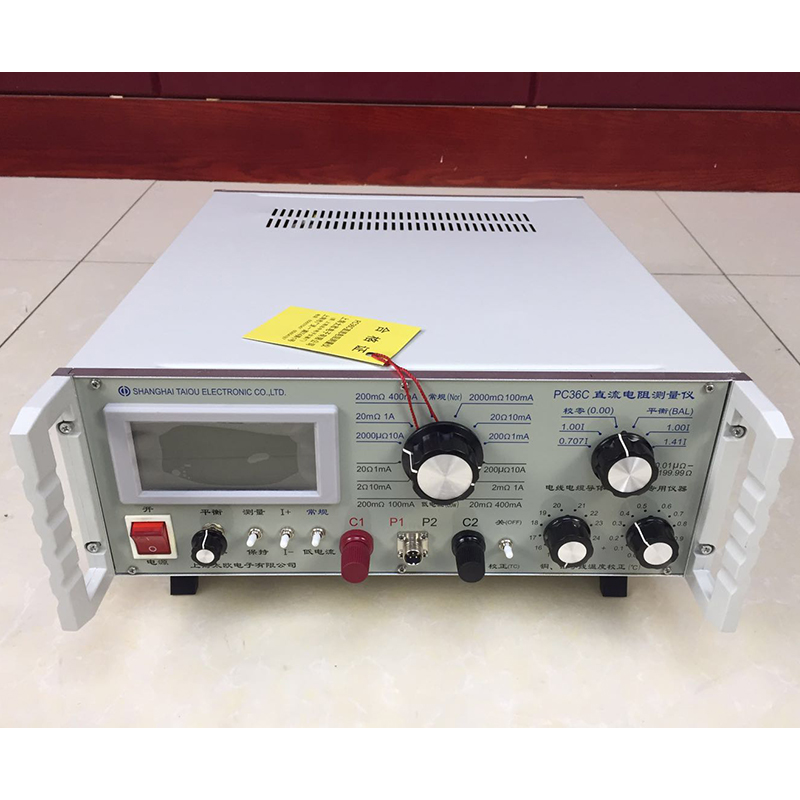Company Specializing in Electromechanical Universal Tensile Testing Equipment and Solutions
The Role of Electromechanical Universal Tensile Testers in Material Testing
In various industries, ensuring the quality and integrity of materials is of utmost importance. From aerospace to automotive manufacturing, the strength and reliability of materials can significantly affect the performance of products. One of the most essential tools in the field of materials testing is the electromechanical universal tensile tester. This versatile equipment plays a crucial role in assessing the mechanical properties of materials, ensuring they meet the necessary standards for safety and performance.
Understanding Electromechanical Universal Tensile Testers
Electromechanical universal tensile testers are devices designed to measure the tensile strength, elongation, and modulus of elasticity of materials. They employ an electromechanical system that offers high precision and repeatability for tensile testing. These machines can be used to evaluate various materials, including metals, plastics, textiles, and composites. The versatility and accuracy of electromechanical systems make them an invaluable tool in laboratories and production facilities.
How They Work
The fundamental operation of a tensile tester involves applying a controlled load to a specimen until it deforms or breaks. The device typically consists of a loading frame, a load cell, and a gripping system to hold the material in place. The load cell measures the force applied to the material, while the machine’s control software records the data continuously throughout the test. The tensile tester can apply various loading speeds, depending on the requirements of the test, and it provides real-time feedback on the material’s performance.
During testing, the material undergoes different stages elastic deformation, yielding, and ultimately fracture. The machine's software analyzes the data collected during the test to generate stress-strain curves, which illustrate the material's response to applied stress. This information is critical for engineers and material scientists to understand the properties of the material and improve their designs.
Applications in Various Industries
1. Aerospace The aerospace industry relies heavily on high-performance materials that can withstand extreme conditions. Electromechanical universal tensile testers help ensure that materials used in aircraft and spacecraft meet stringent safety standards.
electromechanical universal tensile tester company

2. Automotive In the automotive sector, materials must provide both strength and lightweight properties. Tensile testers are used to evaluate the performance of materials such as metals, composites, and polymers used in car manufacturing.
3. Construction In civil engineering, the strength of building materials like concrete and steel is paramount. Tensile testing helps in assessing the load-bearing capabilities of these essential materials.
4. Textiles The textile industry uses tensile testing to determine the strength and elasticity of fabrics, ensuring that products meet durability standards.
5. Research and Development In academic and industrial research settings, universal tensile testers are used to study new materials and develop innovative products with enhanced properties.
Benefits of Electromechanical Systems
One of the major advantages of electromechanical tensile testers is their precision. Compared to hydraulic systems, electromechanical machines provide better control over the testing process, resulting in more accurate and repeatable results. They are also quieter and cleaner, as they do not require hydraulic fluids, reducing the overall environmental impact.
Moreover, modern electromechanical testers are equipped with advanced software that simplifies data analysis. Users can quickly generate reports, visualize data, and even integrate results into larger research projects. This ease of use enhances efficiency and saves time in laboratories.
Conclusion
Electromechanical universal tensile testers have become indispensable in many sectors due to their versatility, precision, and the critical data they provide. As industries continue to evolve and demand higher quality materials, the role of these testers will grow even more crucial. By ensuring that materials meet the required specifications, manufacturers can guarantee the safety and performance of their products, ultimately leading to better innovation and advancements across various applications. Investing in high-quality tensile testing equipment is not just a matter of meeting regulatory standards; it is a commitment to excellence in material performance and safety.
-
Why the Conductor Resistance Constant Temperature Measurement Machine Redefines Precision
NewsJun.20,2025
-
Reliable Testing Starts Here: Why the High Insulation Resistance Measuring Instrument Is a Must-Have
NewsJun.20,2025
-
Flexible Cable Flexing Test Equipment: The Precision Standard for Cable Durability and Performance Testing
NewsJun.20,2025
-
Digital Measurement Projector: Precision Visualization for Modern Manufacturing
NewsJun.20,2025
-
Computer Control Electronic Tensile Tester: Precision and Power for the Modern Metal Industry
NewsJun.20,2025
-
Cable Spark Tester: Your Ultimate Insulation Assurance for Wire and Cable Testing
NewsJun.20,2025
 Copyright © 2025 Hebei Fangyuan Instrument & Equipment Co.,Ltd. All Rights Reserved. Sitemap | Privacy Policy
Copyright © 2025 Hebei Fangyuan Instrument & Equipment Co.,Ltd. All Rights Reserved. Sitemap | Privacy Policy
